
David Bush discusses the importance of understanding core functionality in Rails, showing how indexes work and how to implement a database by yourself.

David Bush discusses the importance of understanding core functionality in Rails, showing how indexes work and how to implement a database by yourself.

Paddy provides tips for landing your first development job when you're fresh out of a technical degree but lack commercial development experience.

Ilya shows how to set up search and autocomplete features in a Rails application, including additional pg_search options, matched usernames and geolocation.

The next generation of social media is here. Your devices will integrate augmented reality to end the distinction between your real and online lives.
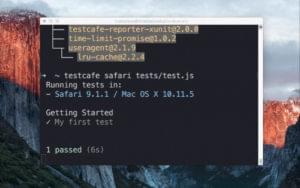
Vasily Strelyaev introduces TestCafe, a new, open-source Node.js-based end-to-end testing framework for web apps.

Jonathan Saring introduces Bit, new OSS distributed code component manager built to make components reusable across repositories, and much more.

In this episode of the Versioning Show, Tim and David are joined by Michael Paris and Vince Ning, founders of Scaphold.io, a backend service for GraphQL.
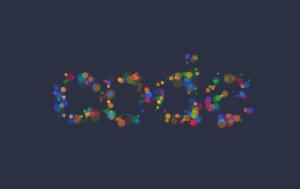
Kushagra Gour introduces Web Maker, a browser extension for front-end developers needing a blazing-fast, offline web playground.

Kyle Prinsloo discusses the mindset, knowledge and skills required to stand out from the crowd and make a success of your web development career.

Reflect on your skill set and career choices. Have you made the right decisions? Are there better options? Should you consider a change?

Zack Wallace goes through how to set up Vagrant, the popular virtual machine software, on a Windows machine.

Jesse Novotny provides a walkthrough for setting up an Angular single page app on Rails with Devise and Bootstrap.

Michael explains how to use a Python API to connect to Twitter, and download tweets, follower lists, multiple tweets at once, and customize searches.

Lucero del Alba introduces 7 Atom add-ons for previewing changes in HTML, CSS, JS and Markdown, and for executing interpreted and compiled code.

In this episode, Tim and David are joined by Glenn Goodrich, aka Ruprict, a developer by day and SitePoint's Ruby Channel editor by night.

2016 has been remarkable for many reasons. A momentous browser event has occurred: mobile now exceeds desktop usage for the first time since the web began.

Ardian Haxha introduces Keybase, a social media service for sending, receiving and sharing encrypted messages.

Dmytro Spilka introduces Google Data Studio, demonstrating how to present data from Google Analytics in a visually pleasing, client-friendly chart.

David and Tim are joined by Hampton Catlin, creator of Sass, Haml and other tools and services such as Wikipedia Mobile, Tritium and Moovweb.
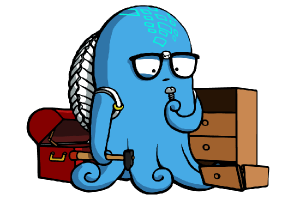
Wolfram Hempel discusses issues around building realtime apps at scale, and introduces deepstream, an extensible, open-source server.

Kristi Progri presents Nextcloud, an open-source, self-hosted alternative to file sharing services like Dropbox, Google Drive and OneDrive.

Ralph Mason discusses things you should think about when planning, scoping out and pitching article ideas to publishers, and how to write a killer outline.

In this episode, David and Tim are joined by Ethan Marcotte, a well-known designer who coined the term Responsive Web Design.

Lucero compares the data serialization options of JSON, YAML, BSON and MessagePack, weighing up their pros and cons, ease of use and performance.
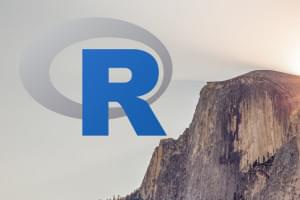
Michael Grogan explains how to link the UI and server side in a Shiny app, customize Shiny themes, and implement error messages to guide end users.

Mark Pedersen takes a look at what progressive web apps are, their advantages and disadvantages, and reasons to consider building one for yourself.

Lucero digs into cloud storage options, covering everything from small and very practical requirements for domestic users to the needs of businesses.

In this episode, Tim and David are joined by Rachel Andrew, co-creator of Perch CMS and leading expert on CSS Grid Layouts.

Chris Ward looks beyond developing for Google Play and Apple's App Store to enterprise app stores, and their opportunities for better returns and support.
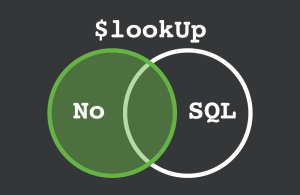
NoSQL databases use denormalized data, so relational JOINs are impossible. Craig explains how MongoDB's new $lookup operator overcomes this restriction.